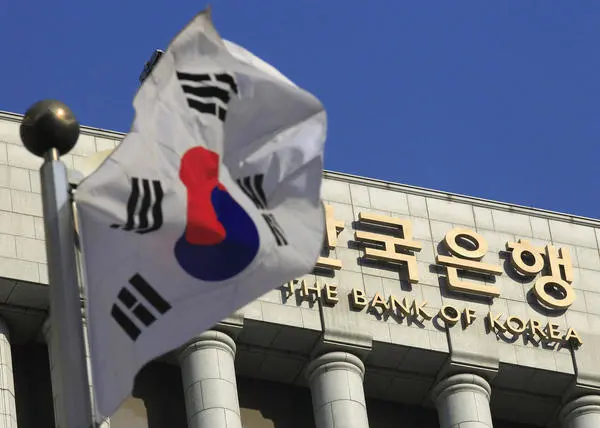The 19-member Eurogroup has failed to reach a deal on the Greek debt crisis before a self-imposed deadline and leaders carried talks into the early hours of Monday, with sides still at odds over the possibility of "Grexit" from the single-currency bloc.
Some leaders participating in the talks insisted on a "time-out" for Greece from the euro zone if ongoing efforts toward a new bailout fail, while others vehemently opposed the departure of Greece from the bloc, even a temporary one, and suggested bridge loans be granted to Athens to keep it afloat before finalizing a fresh rescue deal.
The rift was clear before the Eurogroup summit that started Sunday afternoon, a day after finance ministers of the bloc met to close the gap over the issue.
German Chancellor Angela Merkel, along with several other eurozone leaders, warned before the summit that there would not be an agreement with Greece "at all costs."
"I know that nerves are frayed, but it has to be ensured that the benefits outweigh the disadvantages," she said.
According to media reports, German Finance Minister Wolfgang Schauble has allegedly managed to include a "temporary Greek exit plan" in a document passed to eurozone leaders for their consideration.
France, another key player within the bloc, seems to have a different idea. French President Francois Hollande believed it was vital to keep Greece in the euro zone and Europe would go backward in case of Grexit.
European Parliament President Martin Schulz was also against the idea of cutting Greece loose. "Grexit, even temporary Grexit, is not an option," he said.
According to Schulz, a strong majority in the European Parliament is determined to keep Greece in the euro zone. "A Grexit would be a lose-lose situation for all, with unpredictable, possibly catastrophic consequences."
However, Schulz also stressed that Greece must be the first to help itself. "Otherwise, any solution will not be sustainable."
The international community has pinned high hopes that the ongoing summit in Brussels and the earlier ministerial-level eurozone meeting could save Greece from bankruptcy and prevent a possible Grexit.
Greek banks have been closed for the past two weeks and are running out of cash while the country's economy is suffering from capital controls.
Overdue debt is another problem facing the country. It is estimated that Greece needs 7 billion euros (8 billion dollars) by July 20 to stay financially afloat.
Media reports cited unnamed diplomats as saying that Eurogroup leaders are considering granting Athens quick access to fund before clinching a final deal on Greek bailout.
The options being considered include bilateral loans, funds from an existing central bank program involving the purchase of Greek bonds, and the remaining asset of the bloc's rescue tool, the European Financial Stabilization Mechanism.
Greek Prime Minister Alexis Tsipras submitted a formal request Wednesday, asking for a three-year bailout, only days after the nation rejected in a referendum a lenders-proposed bailout plan, which asks Athens to implement a series of austerity measures in exchange for a rescue package.
It is not known how large the gap is between measures proposed by the creditors and Tsipras, but the Greek leader said before the Sunday summit that he was ready for "honest compromise."
However, Eurozone officials tend to be skeptical that Athens would follow through with the austerity measures Tsipras has promised. The European creditors have said they prefer to wait until the Greek Parliament endorses the package this Wednesday. Enditem
 简体中文
简体中文

